
Polarized Training Pathway
In collaboration with Dr. Stephen Seiler, the “father of polarized training,” we have curated everything you need to know about the 80/20 training method.
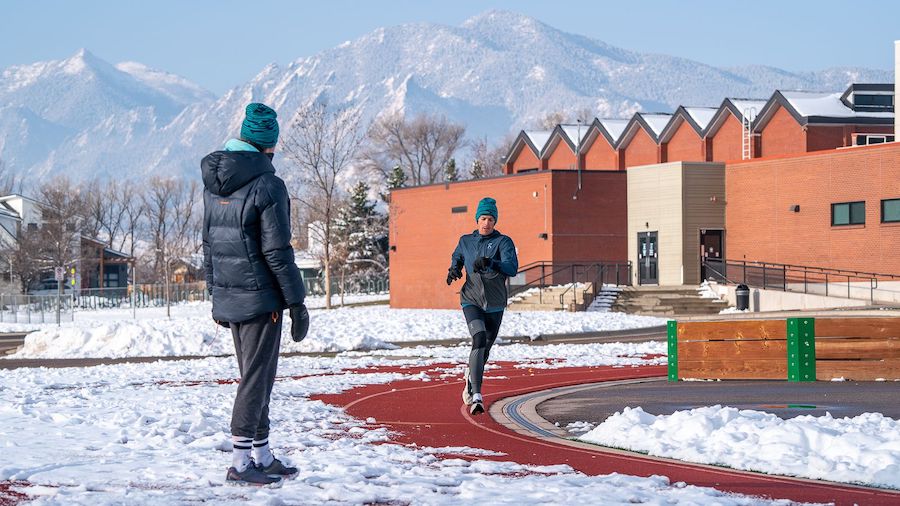
Coaching endurance athletes is an art, a science, and a craft.
We offer this selection of coaching-related articles, videos, workshops, and guides to help coaches begin to explore the support available for coaches through Fast Talk Labs.
Contact us with your questions, clarifications, or requests at coaches@fasttalklabs.com.

In collaboration with Dr. Stephen Seiler, the “father of polarized training,” we have curated everything you need to know about the 80/20 training method.
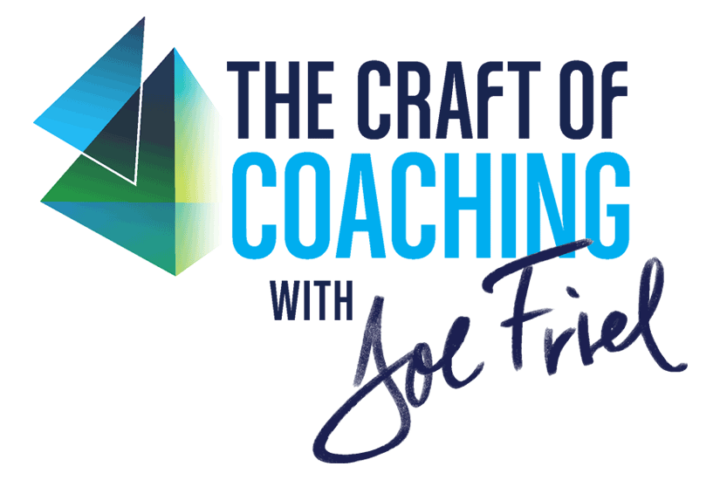
The Craft of Coaching is Joe Friel’s ultimate guide to becoming a better, more successful, and happier coach.
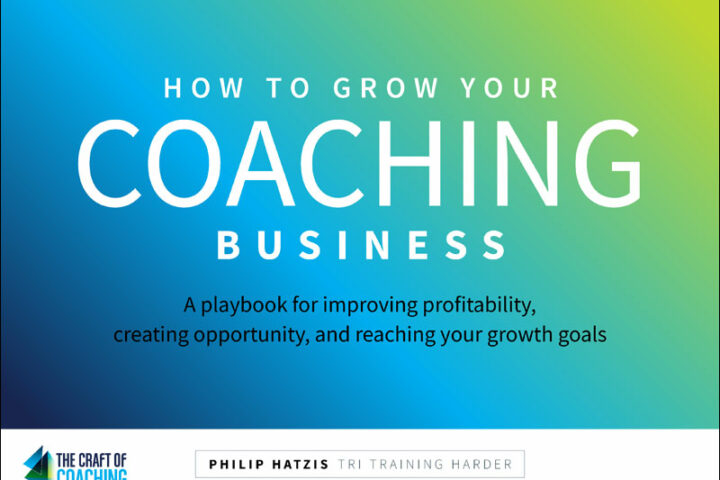
These Playbooks are free downloads that augment the useful content in The Craft of Coaching with Joe Friel through deeper dives into specific aspects of coaching.

Learn advanced data analysis for cycling, triathlon, and running workouts and races. With new data analysis tools, you can make better decisions about your training.
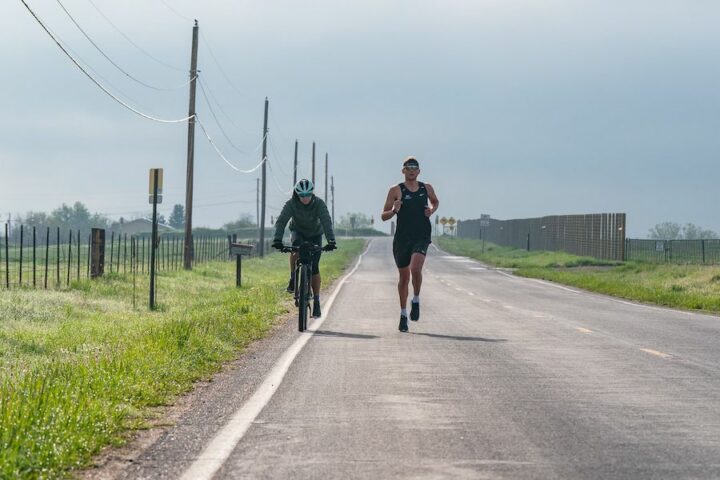
Work with your athlete to create a race plan for the season—and then build your training plan from there, but remember there’s plenty to factor in.
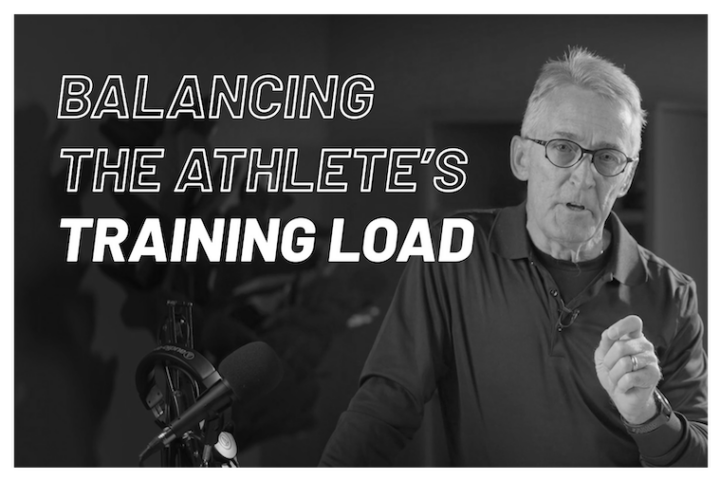
Joe Friel explains the data that helps coaches plan athlete training load while also factoring in recovery.
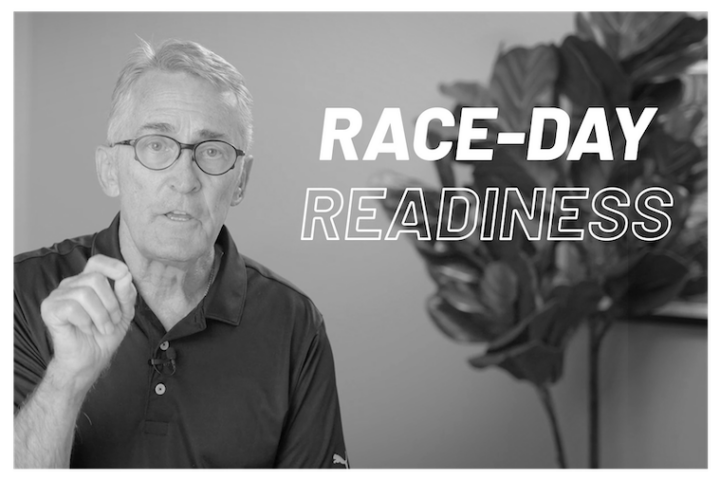
In this video, Joe Friel discusses how best to bring an athlete to form by striking the right balance between fitness and fatigue. It can be a fine line—and will be different for every athlete.
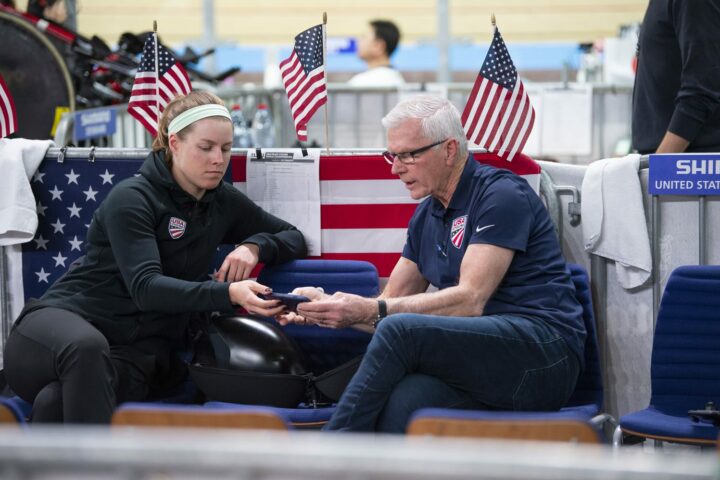
How you assess and analyze performance with your athletes can have a huge impact on their progress. Here’s our guide to ensuring that post-race debrief goes as smoothly as possible.
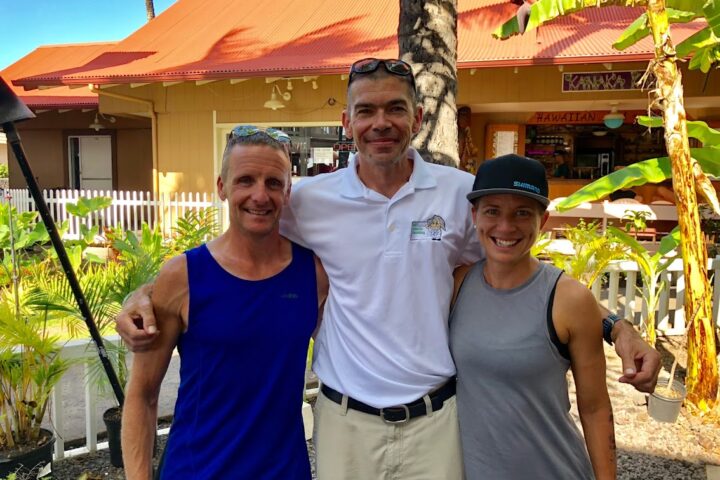
Get a better understanding of how Coach Alan Couzens plans to evolve Mary’s fitness and physiology in order to reach her season goal.
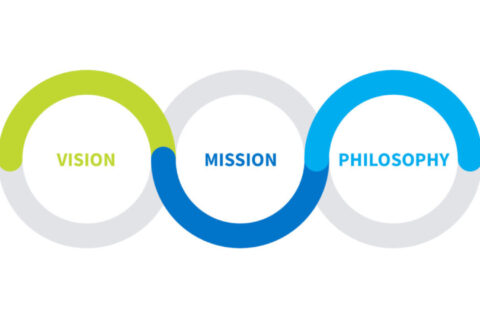
Dr. Andy Kirkland outlines what it will take for an aspiring young triathlete to go pro, illuminating a biopsychosocial approach to season planning.
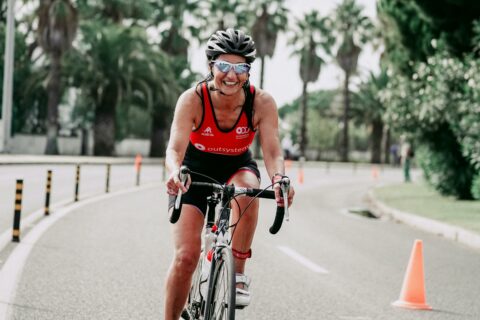
Recovery is at the heart of training adaptation. Without rest the body can’t rebuild and get stronger. This is why recovery is fundamental to how I coach and a focal point for my athletes.
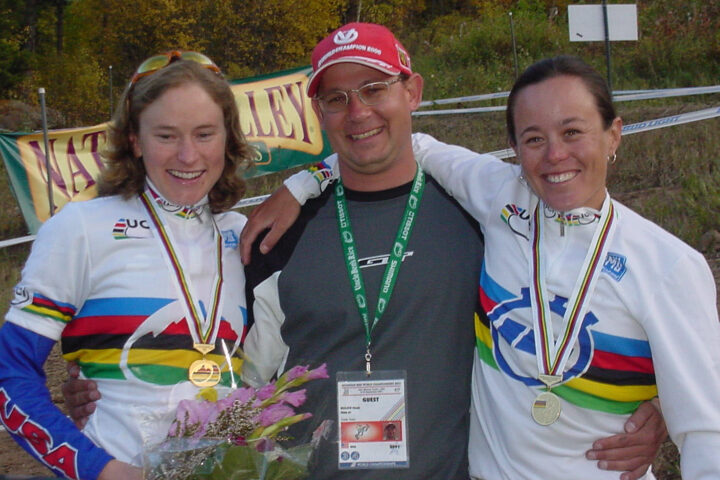
The principles of block training can be applied across endurance sports, whether the athlete is elite or amateur. The biggest difference is that elite or pro athletes have more time to train.
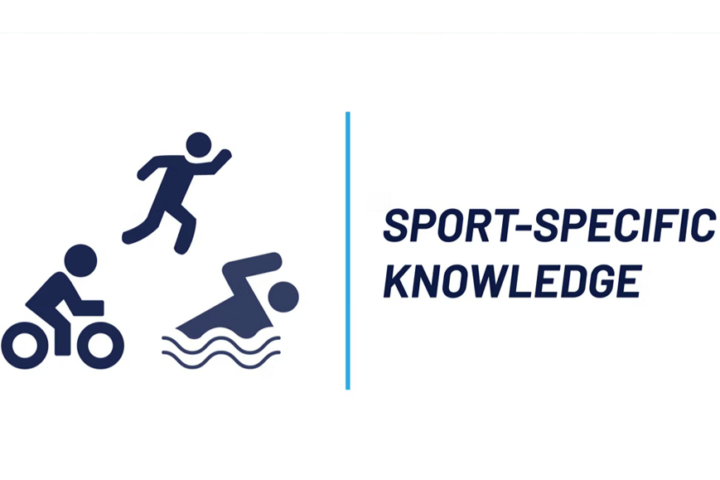
Joe Friel describes why it is so important for coaches to fully understand the unique demands of an athlete’s event.
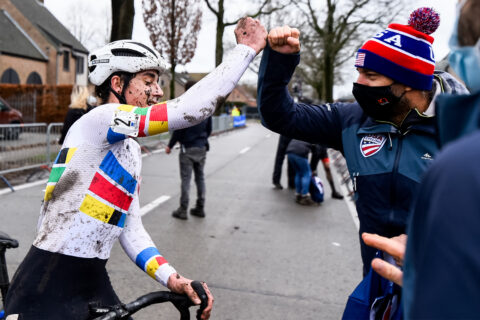
Coach Joe Friel details what it takes to be a good, happy, and successful coach, then shares how coaches can build the eight most important skills an effective coach must have.
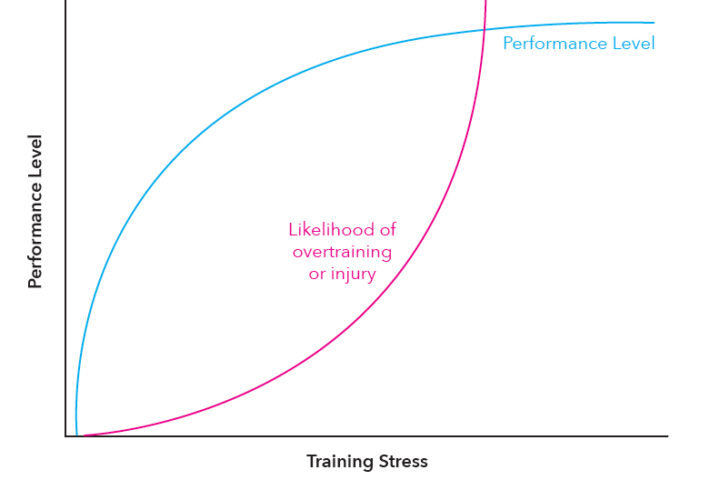
Eighty percent of what you need to know about endurance training can be illustrated by a simple graph. Coach Connor and his mentor Glenn Swan explore this simple concept.
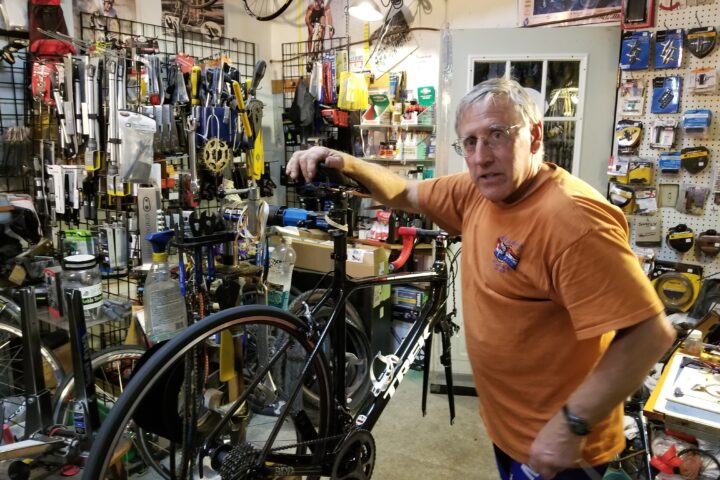
Mentors help athletes by providing guidance, teaching a philosophy, and serving as a confidante. Do you need a mentor to reach your full potential?
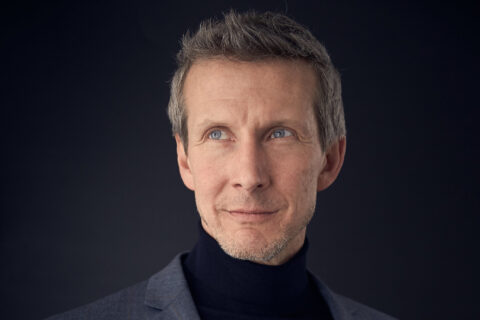
Dr. Stephen Seiler speaks at the Aspire Academy on why and how to monitor athlete training loads.
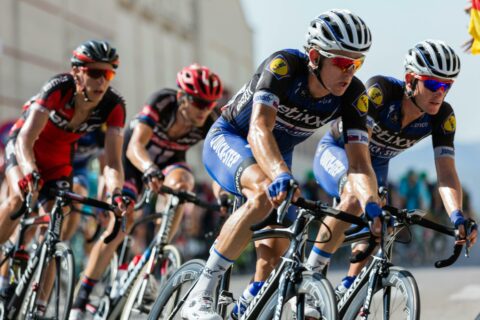
Pioneering sports nutritionist Asker Jeukendrup joins us for a discussion on how in-race nutrition is trainable and why you should be training your gut.
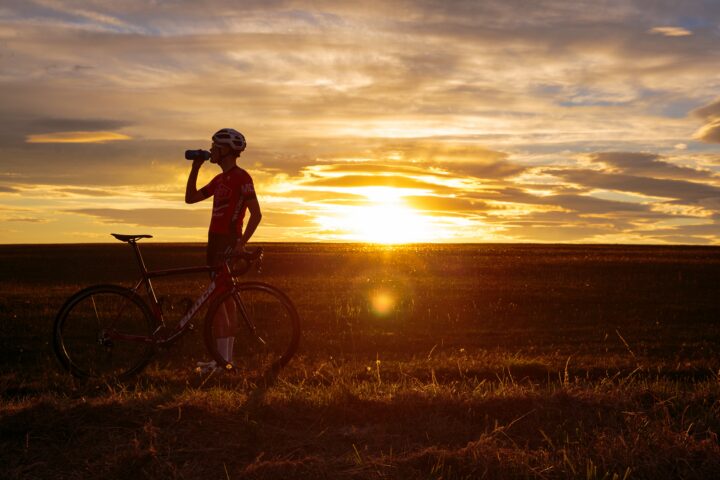
We sit down with Dr. Andy Pruitt to discuss the physiological and psychological needs of athletes, and how an off-season is crucial to meeting those needs.